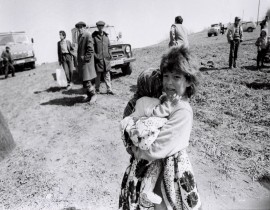Politicon.co
Pandemic, state and church in Georgia
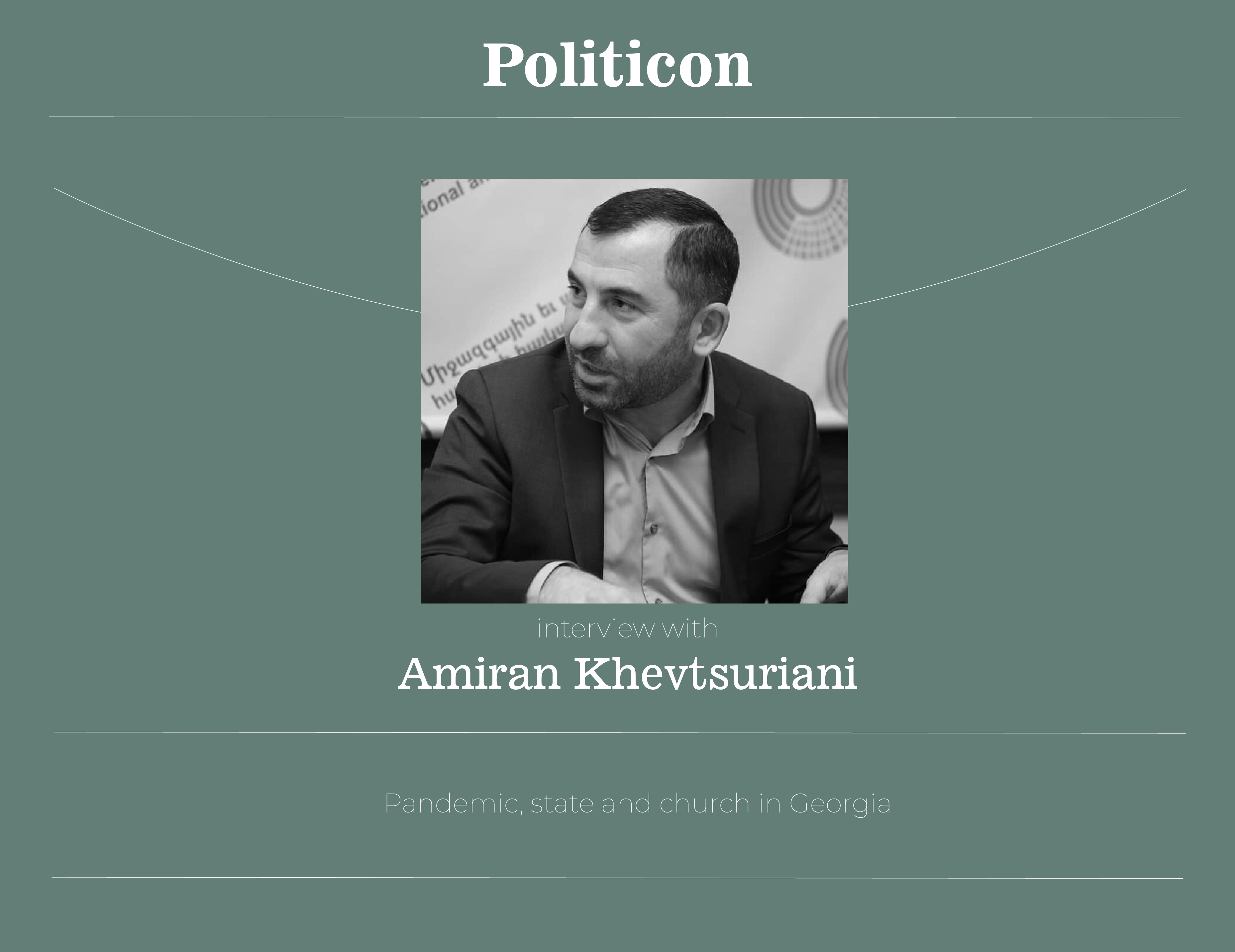
The refusal of the clergy to cancel a number of public rituals and the state`s inability to extend nationwide restrictive measures to Georgian Orthodox Church amid the COVID-19 pandemic has generated much discussion and criticism. Political expert Amiran Khevtsuriani, Doctor of International Relations and Professor of Georgian Technical University kindly shares his views on the situation.
What was the motivation behind the Church`s insistence on continuing religious rituals, including Easter service amid the pandemic and government`s restrictive measures?
While Georgia is a secular state, the Georgian people have been adherent to the Christian (Orthodox) religion since the 4th century. A significant part of the population is deeply religious. Based on this factor, the Georgian Orthodox Church is the most influential institution in the country.
Due to the pandemic almost all religious confessions elsewhere in the world closed religious institutions, canceled all current religious holidays and urged believers to stay home. With the exception of the Georgian Orthodox Church, however. The Georgian clergy unequivocally stated that none of the churches would be closed on the Easter, and the service would be performed properly by observing the necessary rules of distance. Given their influence and authority within the country, it is difficult to find the motivation behind their decision. At the same time, it should be noted that all other religious groups in Georgia unambiguously followed all the governmental recommendations.
Why did the government retreat and agree on compromise before the Church? How come does the government apply double standards, usually exempting the Church of bans and restrictive measures?
It is not uncommon for the recent history of Georgia, where secular governments would simply avoid confrontation with the church. The same happened this time. I cannot say why, but the authorities were obviously not able to convince the supreme clergy, while the country's chief epidemiologists urged the population not to attend churches. At the same time, some opposition parties and experts believe that government`s passiveness could be related to the upcoming parliamentary elections scheduled for this fall. In general, it is quite usual for the authorities to need the support of the church on the eve of elections.
How did people react, orally, in media and in social networks, to the Church`s continuing its operations, including Easter service?
In such a situation, the authorities who did not dare to oppose the will of the church decided to tighten the state of emergency and banned, with rare exceptions, passenger cars. This decision has certainly caused discontent among ordinary citizens, since it has further complicated their already difficult situation. Ultimately, the vast majority of believers showed high social responsibility by staying home and not attending religious services.
How can this situation around the Church, as well as privileges and exceptions for clergy during the lockdown affect the Church`s influence?
Such a decision of the church caused a mixed reaction from the public. For the first time in many years, a certain part of society, to put it mildly, could not understand the essence of this decision and did not share it. However, the main problem in this story is that state institutions and the church could not demonstrate the ability to reach consensus at such a difficult moment for the nation.
![]()
- TOPICS :
- Domestic affairs
- Religion
- REGIONS :
- Russia and CIS

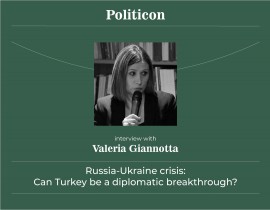
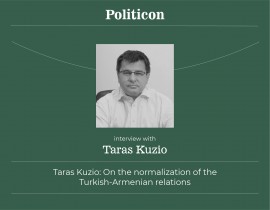
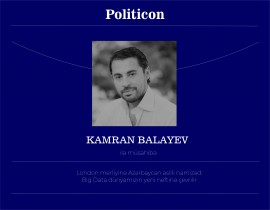


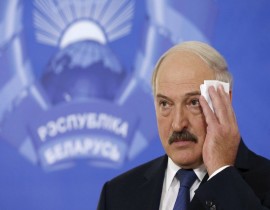
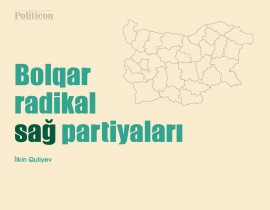
jpg-1599133320.jpg)
